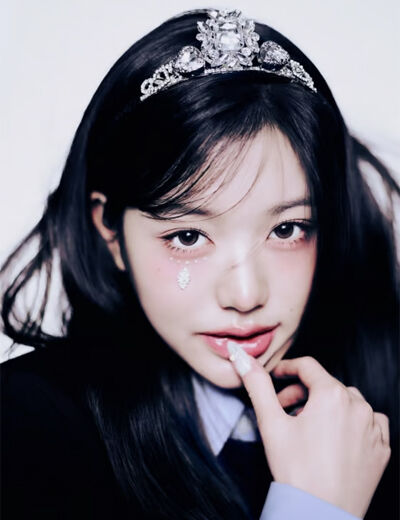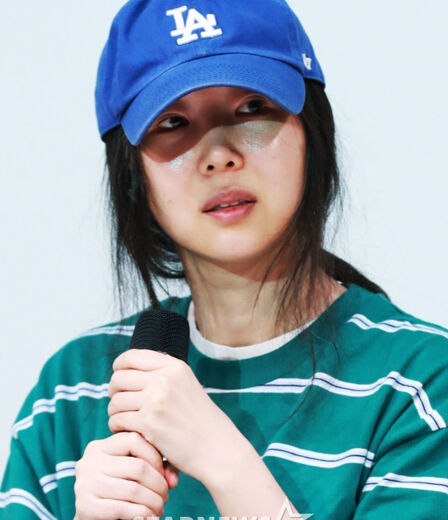Picture this: You’re scrolling through Twitter when you see Korean MOAs absolutely losing their minds over something Yeonjun said during a live broadcast. You hit translate, but it still doesn’t make sense. That feeling of missing cultural context happens to international fans all the time, and we’re here to pull back the curtain on some of TXT’s most fascinating secrets that often get lost in translation.
1. The Phenomenon of Their Extraordinarily Long Song Titles
TXT has become well-known in Korea for their uniquely long and poetic song titles. This naming convention has become so distinctive that within K-pop circles, it’s common for fans to joke that particularly lengthy phrases sound like “new TXT song titles.”
These extensive Korean titles are often simplified for international marketing but retain their full length in Korean releases:
- “Crown” (Korean title: “어느날 머리에서 뿔이 자랐다” / “One day horns grew from my head”)
- “Run Away” (Korean title: “9와 4분의 3 승강장에서 너를 기다려” / “Waiting for you at platform 9 and 3/4”)
- “Can’t You See Me?” (Korean title: “세계가 불타버린 밤, 우린…” / “The night the world burned, we…”)
- “PUMA” (Korean title: “동물원을 빠져나온 퓨마” / “The puma who escaped from the zoo”)
- “Blue Hour” (Korean title: “5시 53분의 하늘에서 발견한 너와 나” / “You and I found in the sky at 5:53”)
Even the members themselves occasionally stumble when reciting these titles in full, which has become a recurring moment in their variety show appearances and interviews. This distinctive naming approach isn’t just a quirk but a deliberate part of their narrative-driven concept.
2. Literary and Cultural References Embedded in Their Work
TXT’s music and visual content contain numerous literary and cultural references that are often more readily recognized by Korean audiences due to cultural familiarity.
Their song “Run Away” with its platform 9 and 3/4 reference clearly nods to Harry Potter, but there are many other cultural references that might be less obvious to international audiences:
- “Blue Hour” (“5시 53분의 하늘에서 발견한 너와 나”) references the French literary concept of “l’heure entre chien et loup” (the hour between dog and wolf), a poetic expression for twilight.
- The final scene in “LO$ER=LO♡ER” music video where a car flies off a cliff is a direct homage to the ending of the film “Thelma & Louise.”
- “Farewell, Neverland” incorporates themes from Peter Pan.
Most notably, their “minisode 3: TOMORROW” comeback drew inspiration from Antoine de Saint-Exupéry’s “The Little Prince.” The group hinted at this concept during their January 6, 2024 Golden Disc Awards performance, where they incorporated scarves, roses, and fox masks—all elements from the famous novella. Korean fans quickly recognized these references, while they might have been less apparent to international audiences.
Their B-side track “내일에서 기다릴게” (“I’ll Wait for You in Tomorrow”) specifically incorporates actual quotes and themes from “The Little Prince” into its lyrics.
3. Their Conceptual Evolution Mirrors a Coming-of-Age Journey
The overarching theme in TXT’s work is a coming-of-age narrative centered on growth, challenges, and transformation. Music critic Kim Young-dae noted before their debut that TXT would likely focus more on pop than hip-hop, a prediction that proved accurate as the group has since explored synth-pop, disco, hybrid rock, punk, and new wave.
Their debut song “Crown” established the metaphor of “horns” to represent growing pains and the feeling of being different. This theme of navigating uniqueness and finding connection despite differences has remained consistent throughout their discography.
As the members themselves have matured, so has their content. Beginning with “The Chaos Chapte



